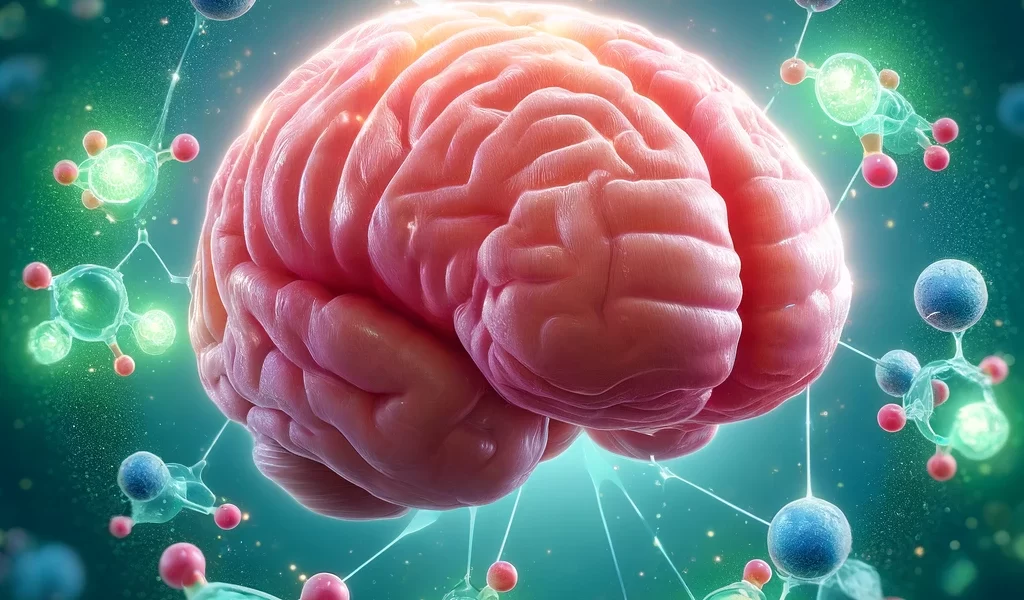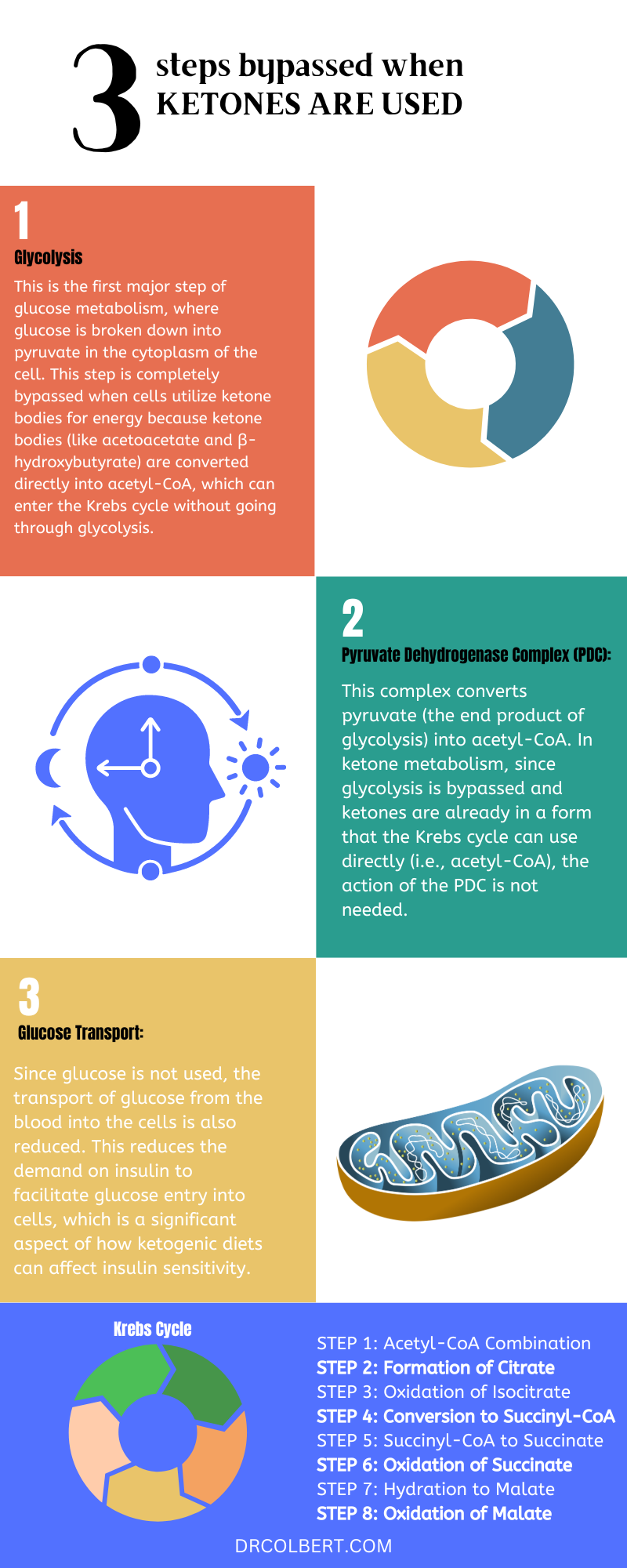Unlock Your Brain’s Potential: 7 Ways the Keto Zone Elevates Cognitive Function and Mood
In the pursuit of optimal health and well-being, the importance of diet cannot be overstated. What we eat not only fuels our bodies but also plays a significant role in our cognitive function and mood. One dietary approach that has garnered increasing attention for its potential benefits in these areas is the Keto Zone diet. By shifting the body’s metabolism into a state of ketosis, the Keto Zone diet offers a unique way to unlock your brain’s potential and elevate cognitive function and mood. In this article, we’ll explore seven ways the Keto Zone diet can positively impact your brain health and emotional well-being.
1. Fueling with Ketones
At the heart of the Keto Zone diet is the production of ketones, small molecules produced by the liver when the body is in a state of ketosis. Unlike glucose, which is the primary fuel source for the brain in a typical high-carbohydrate diet, ketones can readily cross the blood-brain barrier and provide a more efficient and sustainable energy source for the brain. This alternative fuel supply has been associated with improved cognitive function, enhanced mental clarity, and increased focus.
2. Stabilizing Blood Sugar
One of the hallmark features of the Keto Zone diet is its low-carbohydrate nature, which helps stabilize blood sugar levels. Unlike the spikes and crashes often experienced with high-carb meals, the Keto Zone diet promotes a steady release of energy, leading to more consistent mood and energy levels throughout the day. A study published in the Journal of Nutrition found that individuals following a ketogenic diet experienced greater improvements in glycemic control compared to those following a low-fat diet, indicating the potential benefits of ketosis for blood sugar regulation. By avoiding the blood sugar rollercoaster, individuals on the Keto Zone diet may experience reduced irritability, anxiety, and fatigue, leading to an overall improvement in mood and well-being.
3. Reducing Inflammation
Chronic inflammation has been implicated in a wide range of neurological and psychiatric disorders, including depression, anxiety, and cognitive decline. The Keto Zone diet, with its emphasis on whole, unprocessed foods and anti-inflammatory fats, may help reduce systemic inflammation in the body, including in the brain. By mitigating inflammation, the Keto Zone diet has the potential to protect against cognitive decline, improve mood regulation, and promote overall brain health.
4. Enhancing Neuroplasticity
Neuroplasticity, the brain’s ability to reorganize and form new neural connections throughout life, is essential for learning, memory, and cognitive flexibility. Emerging research suggests that ketosis may promote neuroplasticity by enhancing the production of brain-derived neurotrophic factor (BDNF), a protein that supports the growth and survival of neurons. By fostering an environment conducive to neuroplasticity, the Keto Zone diet may help maintain cognitive function and delay age-related cognitive decline.
5. Supporting Gut-Brain Axis
The gut-brain axis, the bidirectional communication network between the gut and the brain, plays a crucial role in regulating mood, behavior, and cognitive function. The Beyond Keto and Keto Zone diet, with its focus on fiber-rich vegetables and healthy fats, supports a diverse and thriving gut microbiome, which is essential for optimal brain health. By promoting a healthy gut-brain axis, the Keto Zone diet may improve mood stability, reduce symptoms of anxiety and depression, and enhance cognitive function.
6. Promoting Autophagy
Autophagy is a critical cellular process that involves the degradation and recycling of unnecessary or dysfunctional cellular components. This process is essential for maintaining cellular health and function. It allows cells to efficiently dispose of damaged proteins and organelles, thus preventing the accumulation of cellular debris that can lead to various diseases. Autophagy is particularly important in the brain, where it helps prevent neurodegenerative diseases by clearing out proteins that are potentially harmful, such as those implicated in Alzheimer’s and Parkinson’s diseases.
Research has highlighted the protective role of autophagy in brain health. A study published in the journal Nature Cell Biology by Harris et al. (2015) found that enhancing autophagy in the brains of mice helped to clear out toxic proteins and improved neuronal survival. The study suggests that modulating autophagy could be a potential therapeutic strategy for neurodegenerative diseases.
By promoting the removal of damaged cellular components and reducing inflammation, autophagy plays a vital role not only in disease prevention but also in aging and overall health maintenance.
7. Providing Nutrient-Rich Foods
While some may associate the Keto Zone diet with restrictive eating, it’s important to note that it emphasizes nutrient-dense, whole foods that are rich in essential vitamins, minerals, and antioxidants. Foods like leafy greens, fatty fish, nuts, seeds, and avocados are not only low in carbohydrates but also packed with nutrients that support brain health and mood regulation. By prioritizing these nutrient-rich foods, individuals on the Keto Zone diet can ensure they’re providing their brains with the essential building blocks for optimal function.
In conclusion, the Keto Zone diet offers a compelling approach to unlocking your brain’s potential and elevating cognitive function and mood. By fueling with ketones, stabilizing blood sugar, reducing inflammation, enhancing neuroplasticity, supporting the gut-brain axis, promoting autophagy, and providing nutrient-rich foods, the Keto Zone diet addresses multiple aspects of brain health and emotional well-being. Whether you’re seeking sharper focus, improved mood, or long-term brain health, the Keto Zone diet may hold the key to unlocking your brain’s full potential.

















